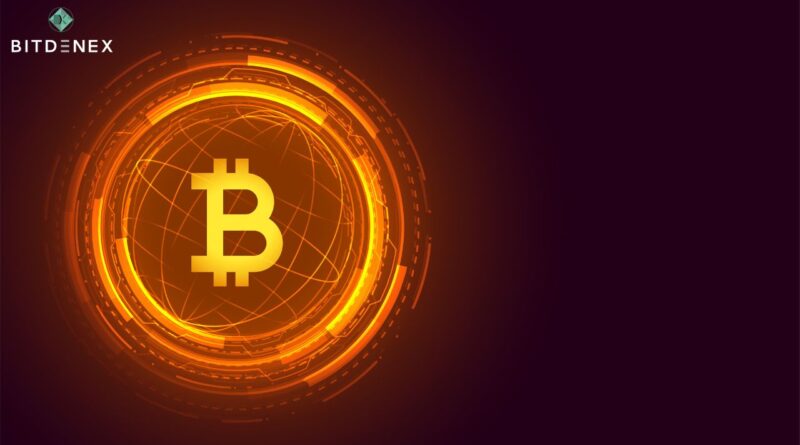Bitcoin (BTC) Inscriptions Highlighted as Cybersecurity Risk by National Vulnerability Database
This vulnerability may affect Bitcoin’s network performance and transaction fees, potentially limiting future Ordinals inscriptions.
The National Vulnerability Database (NVD) discovered a significant vulnerability in Bitcoin’s inscriptions on December 9, potentially affecting the Ordinals Protocol developed in 2022. The National Institute of Standards and Technology (NIST), a component of the United States Department of Commerce, oversees the NVD, which is critical in cataloguing and disseminating information concerning cybersecurity vulnerabilities to the public.
Unveiling the Vulnerability
The vulnerability is caused by the ability to escape the data carrier limit in select versions of Bitcoin Core and Bitcoin Knots, allowing data to be disguised as code, according to the NVD study, which notes that inscriptions exploited this flaw in 2022 and 2023.
This vulnerability is significant for Ordinals because of “inscriptions.” In these inscriptions, additional data is incorporated into a specific satoshi, the smallest unit of Bitcoin. This data can take the shape of digital photos, text, or other media. Since late 2022, the Ordinals have been reshaping the digital art landscape by allowing the seamless integration of one-of-a-kind artworks into Bitcoin transactions. This feature, which is analogous to Ethereum’s nonfungible tokens (NFTs), has increased the appeal of data embedding.
This particular vulnerability in Bitcoin’s network is now being thoroughly investigated. One of the most significant ramifications is the possible influx of non-transactional data, which could jam the blockchain, increasing network size and negatively impacting speed and fees.
Industry Perspectives on Ordinals
The NVD’s website highlights Bitcoin Core developer Luke Dashjr’s latest post on X as a major knowledge source. According to Dashjr, inscriptions use a Bitcoin Core flaw to spam the network with meaningless data. One user compared it to being swamped with junk mail every day, causing you to comb through it all to find messages from your contacts, which obviously slows down the process.
Peter McCormack, a well-known Bitcoin podcaster, has chimed in on the discussion. He emphasises that Ordinals do not benefit Bitcoin consumers and only increase the network’s already high fees. The increasing volume of Ordinals transactions has periodically strained the Bitcoin network during 2023. Because of the increased competition for transaction confirmations, rates have risen and processing times have lengthened. When asked about the potential consequences of resolving this issue, Dashjr stated that it could result in the discontinuation of Ordinals and BRC-20 coins. He did, however, mention that old inscriptions will remain identical due to the network’s immutability.
Buy and sell crypto in minutes with 0.20% trading fees at Bitdenex Exchange.

